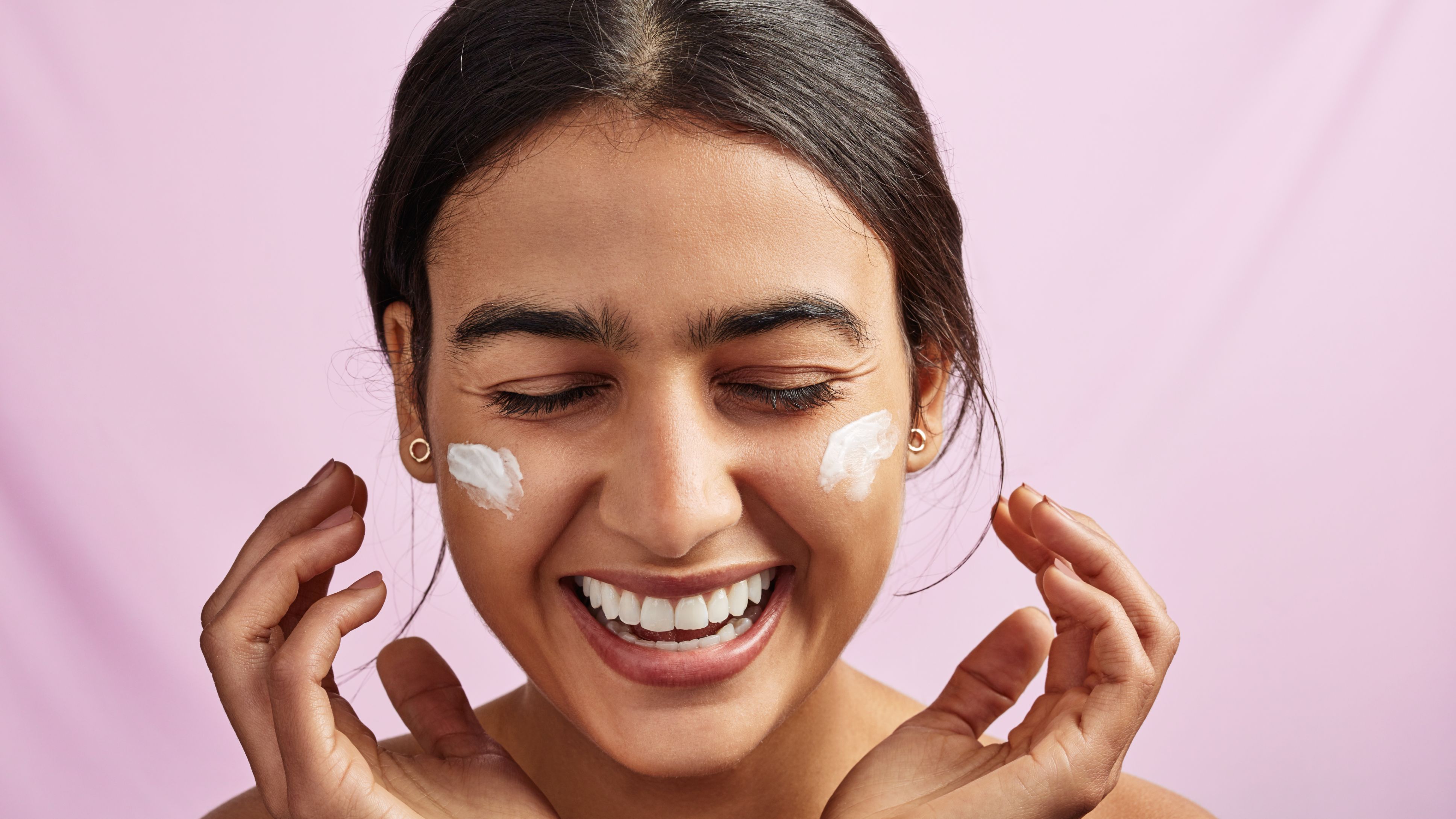The internet is brimming to the edge with all kinds of information when it comes to skincare.
Among dermatologists, skin-bloggers and skincare hobbyists, it is anyway difficult to sift through all the information overload.
If you think I was going to make your job easier, consider yourself warned, for here is one more filter to pay attention to while combing through all this data—your racial identity, because what applies to probably a Caucasian counterpart of yours might not apply to skin of color, and therefore, Indians.
Is Our Skin Really Different From Caucasians?
Yes, says Dr Sonal Bansal, Consultant, Dermatology, Fortis Memorial Research Institute, Gurugram.
Indians have a very different skin type as compared to someone from another race.
“It is true and there are classifications according to the skin complexion. Indians fall in skin category IV and Caucasians fall in skin category II and III. So, they are whiter than us, and all the products and treatment procedures, like laser, to name one, that are meant for them would not suit our skin. In fact, some of the products and procedures may harm us because we have a greater tendency than them to get burnt.”Dr Sonal Bansal, Consultant, Dermatology, Fortis Memorial Research Institute, Gurugram
Glycolic Acid, For Instance
A good example of an ingredient to elucidate this point is glycolic acid, a name you are very likely to stumble across in the online skincare community.
Dr Nitika Nijhara, Consultant Dermatologist, BLK MAX Super Speciality Hospital, New Delhi, has a word of caution against its usage.
“Glycolic acid is an alpha-hydroxy acid (AHA), an organic, carbon-containing molecule. It is a small molecule used for treatment of hyperpigmentation. It exfoliates and removes darker dead cells from your skin’s surface, revealing a fresh layer with a more even skin tone. However, if not used in smaller concentrations, it can lead to irritation in skin of color, hence causing post-inflammatory hyperpigmentation. This is precisely why Indians should use it very carefully and only under the guidance of an expert.”Dr Nitika Nijhara, Consultant Dermatologist, BLK MAX Super Speciality Hospital, New Delhi
The doctor adds that even within the umbrella term of skin of colour, there still “no “one size fits all”. That’s why it’s extremely important to follow skincare recommendations by dermatologists as per your skin colour.”
Is It True That Genetically, Indians Are More Prone To Hyperpigmentation?
Both doctors agree that Indians indeed are more vulnerable to hyperpigmentation.
Dr Bansal explains “this is because Indians have more melanin which has the inherent property to increase on exposure to sun (or whenever the skin barrier repair system is damaged). So, it will produce a darker mark on the surface of the skin.”
Now, the same sun exposure and problem might look different for someone with less melanin in their skin, like Caucasians.
As far as Caucasians are concerned, UV rays from the sun break down collagen, causing wrinkles that can start appearing in their 20s, causing premature ageing, further making them more prone to sun damage that extends much beyond plain cosmetic problems, adds Dr Nijhara.
How Do We Protect Ourselves From Hyperpigmentation?
Sunscreen. Sunscreen. Sunscreen! And the two doctors cannot stress this enough.
“Hyperpigmentation can be prevented by applying a broad-spectrum sunscreen with a minimum SPF of 30 and UVI protection of three or four plus. We need to repeat it every 2-3 hours; even when indoors or on a cloudy day, sunscreen should not be skipped”, Dr Bansal further explains the importance, adding that another reason behind hyperpigmentation is hormonal and, in that case, one needs to go through lifestyle modifications as recommended by an expert.
Also note that while lighter skin tones might be more prone to sun damage, for darker skin tones, cancer may not show visible signs until it’s in the later stages, reminds Dr Nijhara.
It is also important to not generalize even within the category of skin of colour, underlines Dr Nijhara.
“Skincare should reflect the individual skin type. There are some physiological differences to take into consideration for people with more richly-melanated skin as opposed to more fair-skinned ones, even within the same race.”Dr Nitika Nijhara, Consultant Dermatologist, BLK MAX Super Speciality Hospital, New Delhi
Bottomline, according to both doctors, is to never skimp on sunscreen, not fall for every skincare fad that might be making its rounds online, and to always remember that what may work for someone else, might not work for you.
Race and skin colour are simply two categories to help you wade through all this jargon.
(Rosheena Zehra is a published author and media professional. You can find out more about her work here.)

